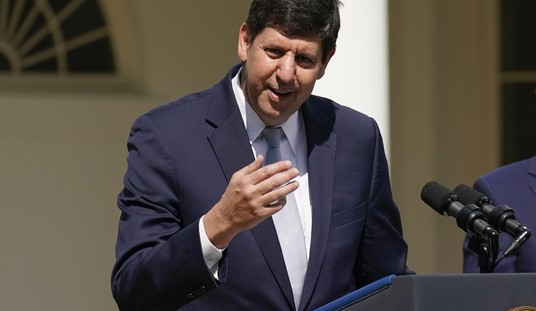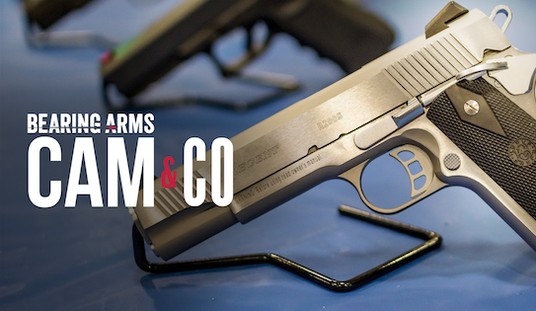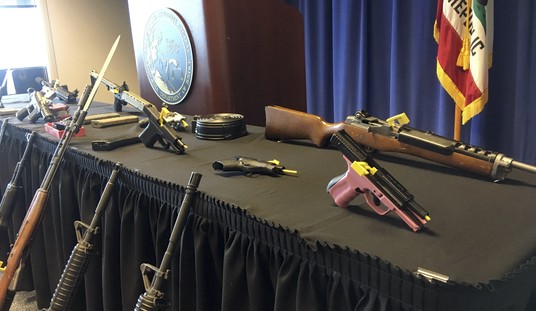City council members in Spokane, Washington think they’ve come up with a way to target armed demonstrators who’ve been engaged in protests in the city for the past several months; a local law to ban the “unlawful assembly of private militias” inside the city limits.
Local officials have been trying for weeks now to get local police to enforce a similar state law that’s been on the books for more than a century, but Spokane County Prosecutor Larry Haskall poured cold water on the idea, telling local lawmakers that the statute would be difficult to enforce and subject to a constitutional challenge.
In November, as the City Council passed a resolution imploring the Spokane Police Department to enforce the state law, Haskell warned in a post on Facebook that militias “are not subject to prosecution for mere presence” and that the bar to prosecute the state law is high.
Incorporating the state militia law into city code would be the second of Beggs’ two-part response to the gathering of militia members in downtown Spokane during protests over the May 25 police killing of George Floyd in Minneapolis and racial injustice earlier this year.
In a nonbinding resolution, Beggs and the council called for city police to enforce the Washington state law, which says militias unrecognized by the state cannot “associate themselves together as a military company or organize or parade in public with firearms.”
But law enforcement officials, including Haskell and Spokane Police Chief Craig Meidl, have questioned the viability of prosecuting someone under the century-old law and have expressed concern about infringing on Second Amendment rights.
Haskell essentially argued that militias – both organized and unorganized – are constitutionally protected both federally and in Washington, and cannot be prosecuted simply for gathering downtown.
The prosecutor rightfully pointed out that in order to successfully bring a case against an armed protester, his office would have to prove that the individual was a member of a militia not recognized by the state. Spokane City Council President Breean Beggs, on the other hand, apparently believes that those accused of a crime should be considered guilty until they prove themselves innocent.
Beggs disagrees with Haskell’s interpretation and said “you don’t have to prove a negative in order to prosecute.”
“The defendant would have to prove that they were in a recognized militia,” Beggs said.
State law, he said, “makes it clear that when somebody is acting as a private military that’s a crime, essentially, and there’s a few exceptions that are listed pretty clearly.”
Beggs, who’s an attorney himself, should know better than to claim that in a criminal trial the burden of proof is on the defendant and not the prosecutors. Someone charged with violating the city’s proposed ordinance on unlawful assembly of a militia wouldn’t have to prove that they’re in a recognized militia. They don’t even have to testify in their defense. It would be up to the city attorney’s office to prove the membership in an unrecognized militia, and that’s if the law were to be upheld in the inevitable legal challenge that would follow.
We have a First Amendment right to peaceably assemble and protest along with our Second Amendment right to keep and bear arms, and there’s nothing in the Bill of Rights or the Constitution that says citizens can only exercise one right at a time. We don’t lose our Fourth Amendment rights when we exercise our freedom of speech, so why should we lose our freedom of speech when we’re exercising our right to keep and bear arms?
Sadly, it looks like common sense isn’t on the city council’s agenda in Spokane. The council president is willing to ignore the words of warning from both the county prosecutor and the city’s police chief in order to crack down on protests that offend his sensibilities at the expense of the Bill of Rights and the rule of law. I hope that more rational minds prevail before a final vote is taken, but if this local ordinance does go into effect, the legal challenge will be one to watch.









Join the conversation as a VIP Member